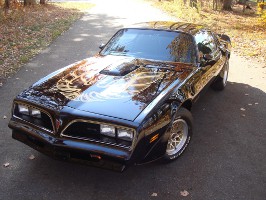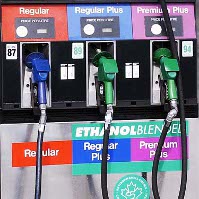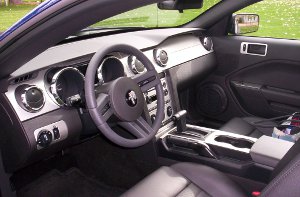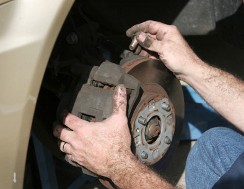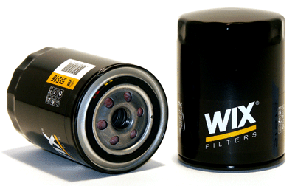
The 90 degree days are back once again. When your car sits outside all day in the baking sun, if the battery was weak to begin with, you may find yourself stranded with a car that simply won’t start.
One of the most basic parts to your car is your battery. Yet its also one of the easiest things to assume “out of sight, out of mind”. If it works, why worry about it?
Excessive heat shortens the life of a battery. Heat causes battery fluid to evaporate, which then will damage the internal structure of the battery. And when the components of the charging system start to malfunction, it could allow an excessive charge rate, which eventually destroys the battery all together.
To get the most out of a battery:
- Be sure your electrical system is charging at the correct rate. Overcharging your battery can damage the internal components, weaken the system, and damage the battery until the point of non-function.
- Always replace a battery with the same or higher quality than the one you are currently operating with. Look for one that has a CCA (cold cranking amps) rating at least as high as your current battery.
- Always keep the top of the battery and the battery terminals clean. Dirt and corrosion can accumulate, which will inhibit current flow.
- Check your car’s battery and belts on a regular basis, and replace when they show wear or are cracked.
Don’t put off your car’s maintenance schedule. If you keep up with regular maintenance on a regular basis, you’ll have a car you can depend on at any time of the year.



